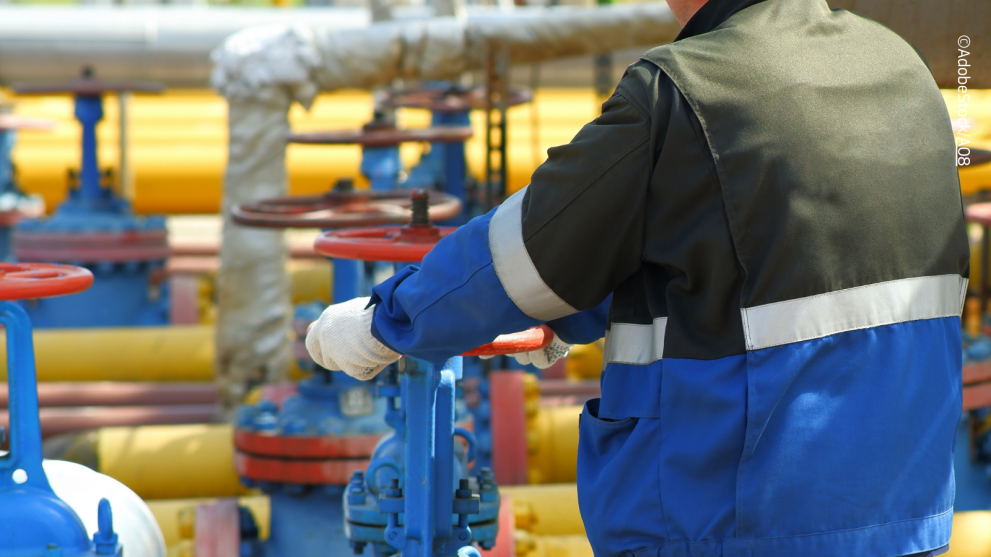
Security of gas supply in Europe has improved in the last years thanks to successful measures by the EU and its Member States, according to a new report published by the European Commission today. Imports of Russian gas have greatly decreased in line with the REPowerEU objectives, thanks to diversification efforts and savings. EU underground storage facilities are filled at well over 90% of their capacity as the heating season starts.
The report is part of a stock-taking exercise foreseen in the EU Gas Security of Supply Regulation (EU) 2017/1938. In the report and the accompanying Staff Working Document, the Commission has assessed security of gas supply measures five years after the Regulation entered into force. The documents also look at security of supply in the context of the transition towards decarbonisation, as well as future risks and dependencies.
The report recalls that the regulation lays down the overall framework for the EU’s emergency preparedness and resilience to gas disruptions, which proved adequate up to the end of 2021. But in the face of Russia’s weaponisation of its gas supplies, the EU adopted a set of additional emergency regulations to complement this gas security architecture and make sure to fully address the energy crisis - such as the Gas Storage Regulation (EU) 2022/1032, the temporary Demand Reduction Regulation (EU) 2022/1369 [and its prolongation (Regulation (EU) 2023/706)] and the temporary Solidarity Regulation (EU) 2022/2576.
The report sets the basis for possible reinforcements of the security of gas supply architecture in the future, such as adapting it to future new dependencies and risks, and to take account of the final outcome of the ongoing inter-institutional negotiations on the hydrogen and decarbonised gas market package.
Related links
Details
- Publication date
- 5 October 2023
- Author
- Directorate-General for Energy
